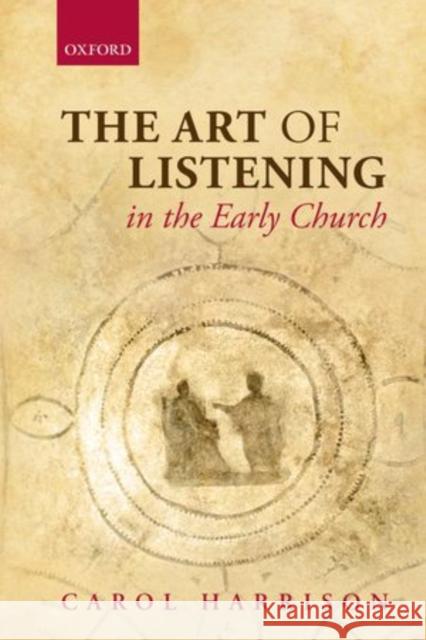The Art of Listening in the Early Church » książka
The Art of Listening in the Early Church
ISBN-13: 9780198744955 / Angielski / Miękka / 2015 / 320 str.
How did people think about listening in the ancient world, and what evidence do we have of it in practice? The Christian faith came to the illiterate majority in the early Church through their ears. This proved problematic: the senses and the body had long been held in suspicion as all too temporal, mutable and distracting. Carol Harrison argues that despite profound ambivalence on these matters, in practice, the senses, and in particular the sense of hearing, were ultimately regarded as necessary - indeed salvific - constraints for fallen human beings. By examining early catechesis, preaching and prayer, she demonstrates that what illiterate early Christians heard both formed their minds and souls and, above all, enabled them to become "literate" listeners; able not only to grasp the rule of faith but also tacitly to follow the infinite variations on it which were played out in early Christian teaching, exegesis and worship. It becomes clear that listening to the faith was less a matter of rationally appropriating facts and more an art which needed to be constantly practiced: for what was heard could not be definitively fixed and pinned down, but was ultimately the Word of the unknowable, transcendent God. This word demanded of early Christian listeners a response - to attend to its echoes, recollect and represent it, stretch out towards it source, and in the process, be transformed by it.











